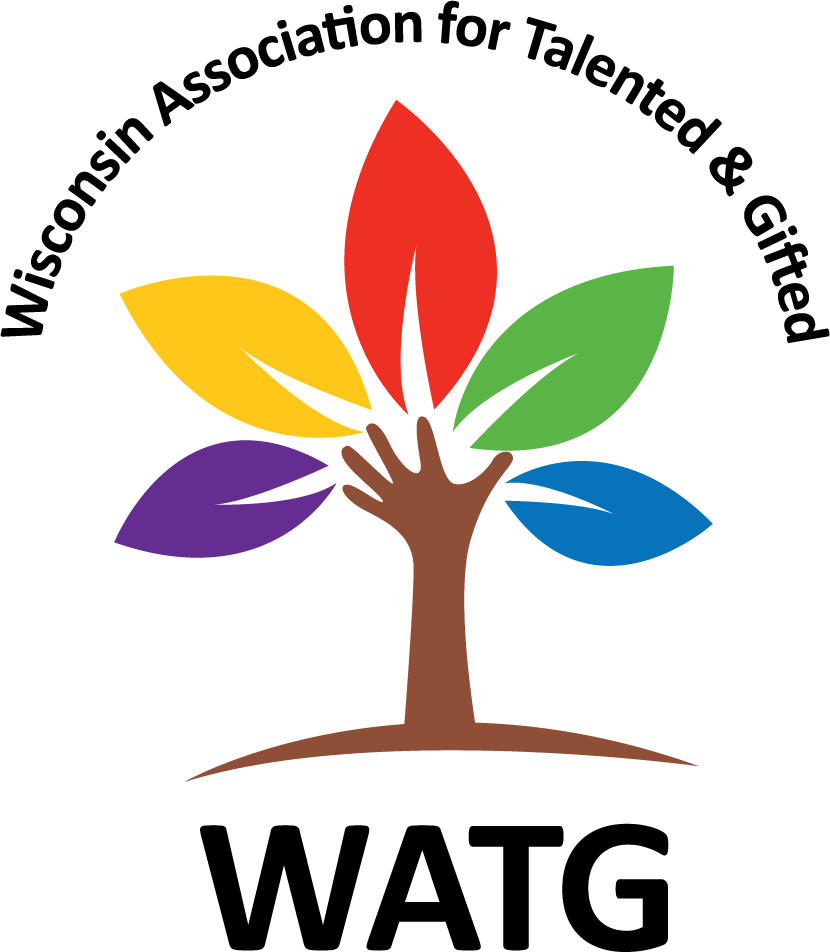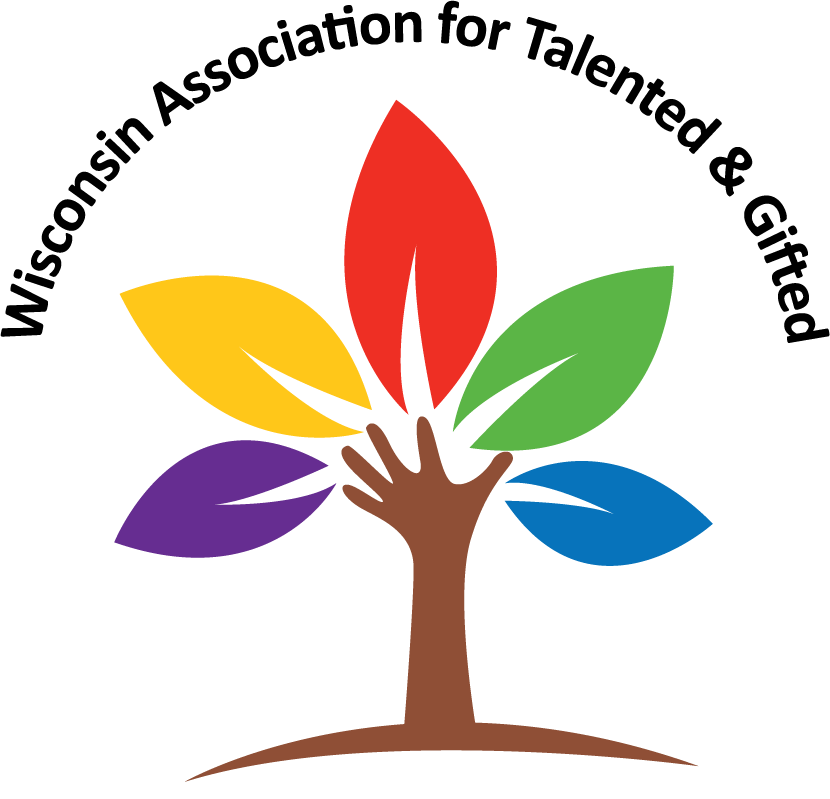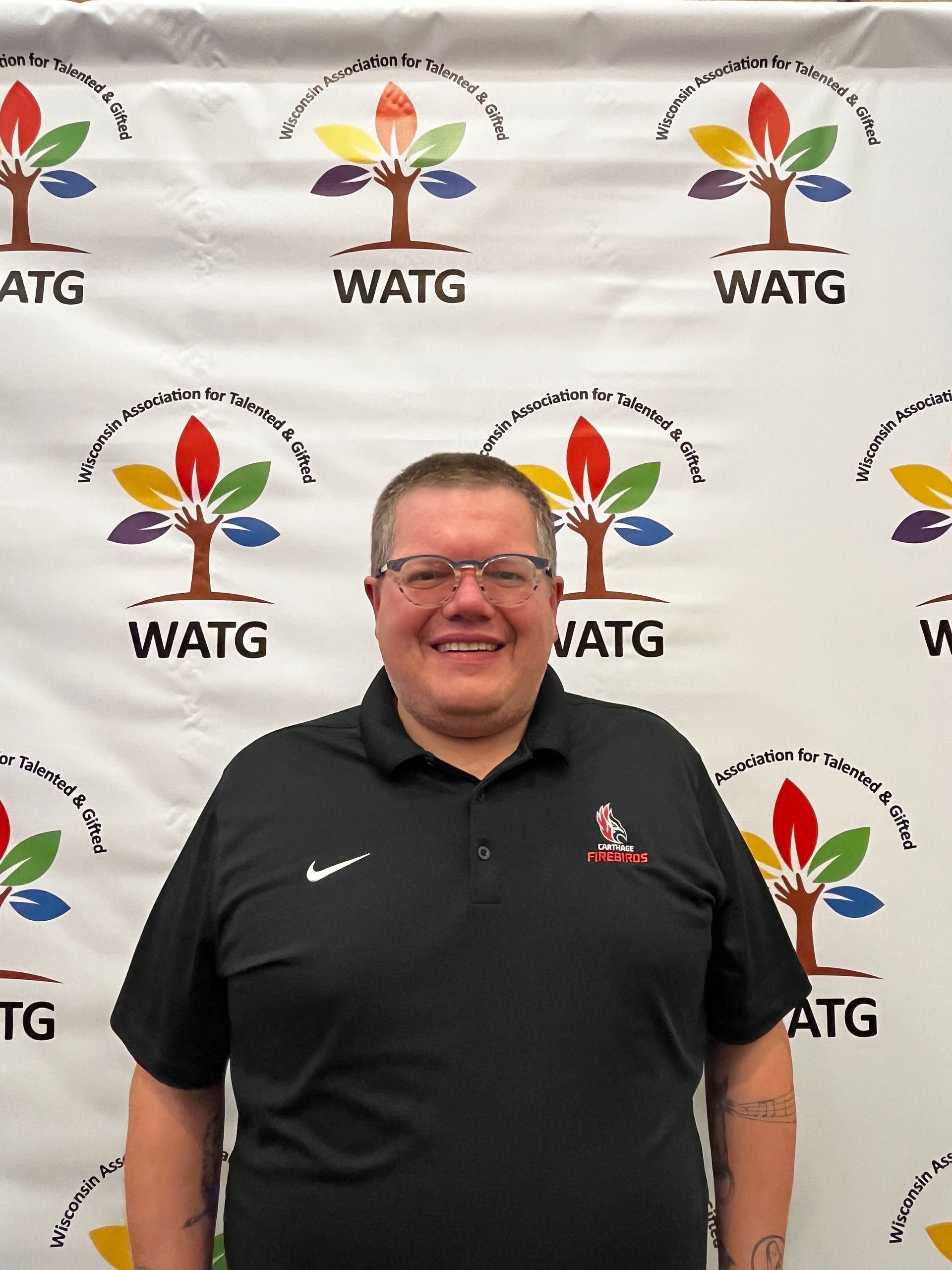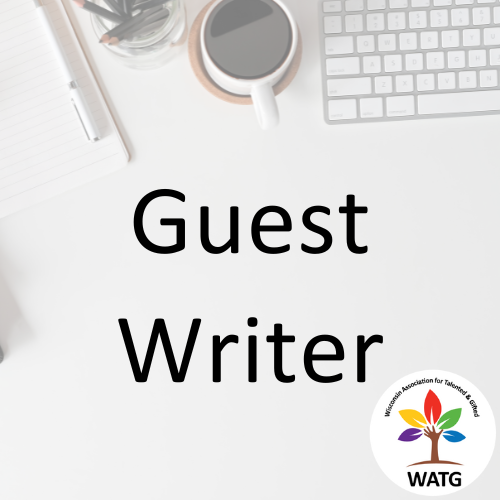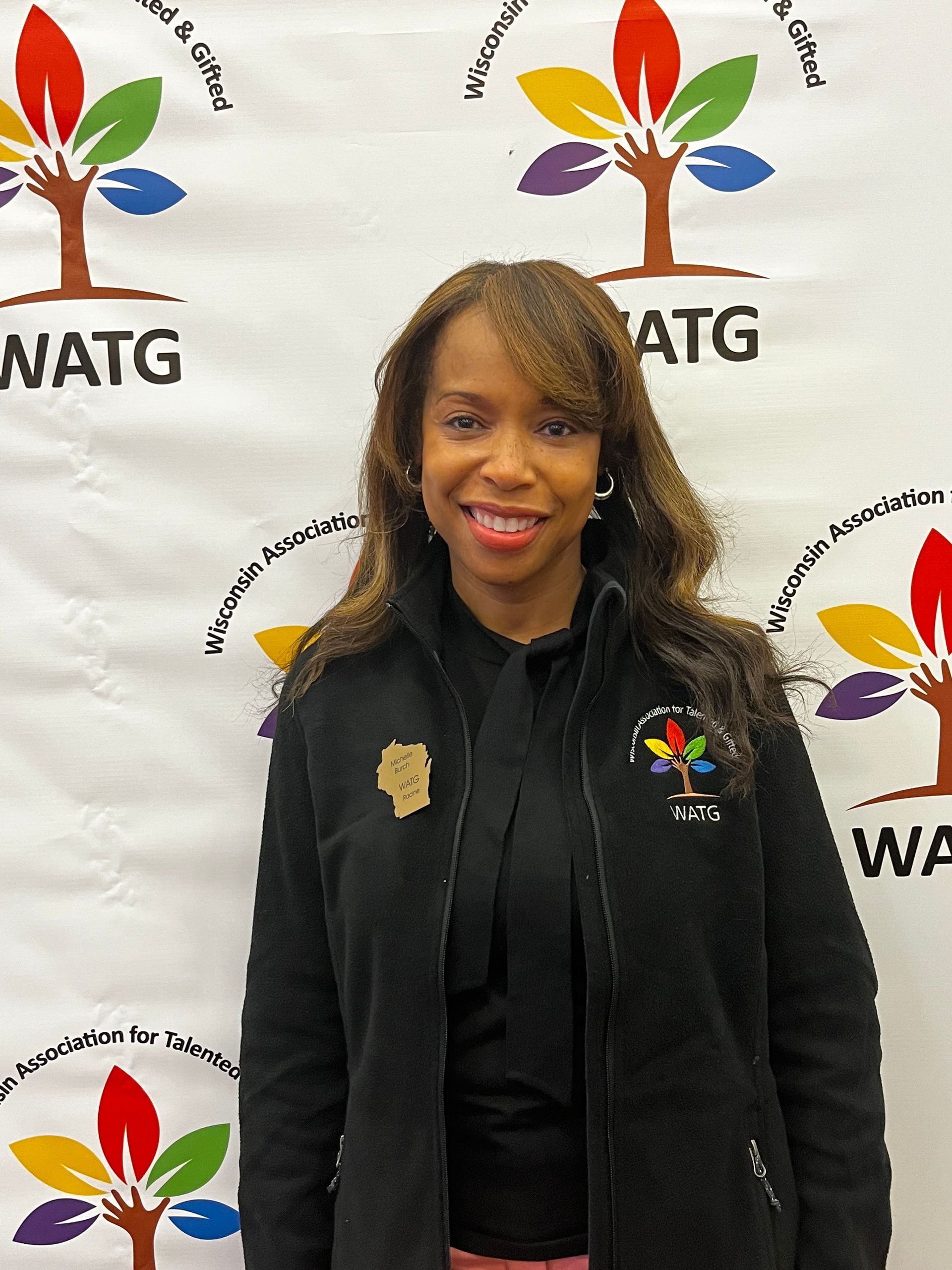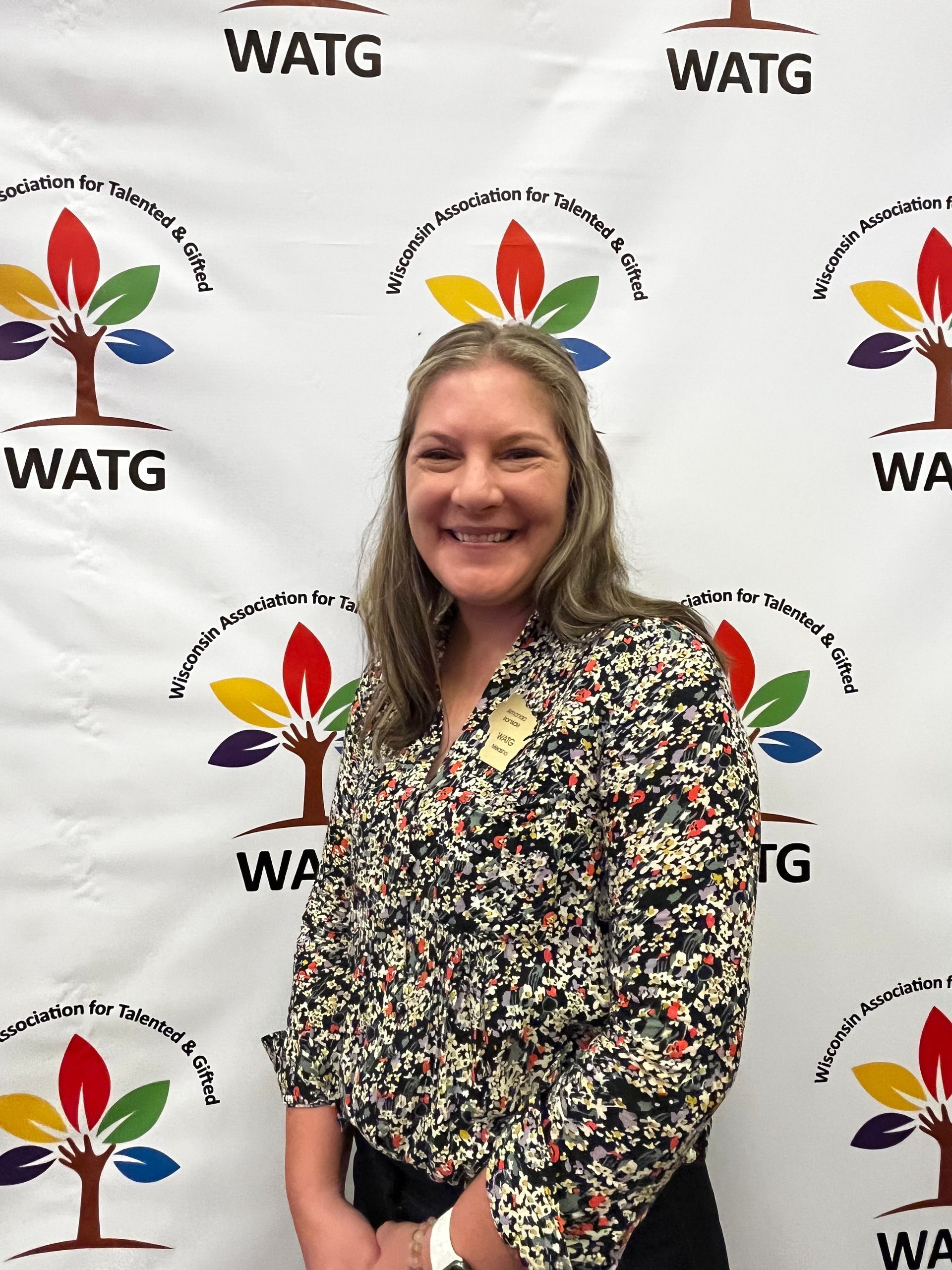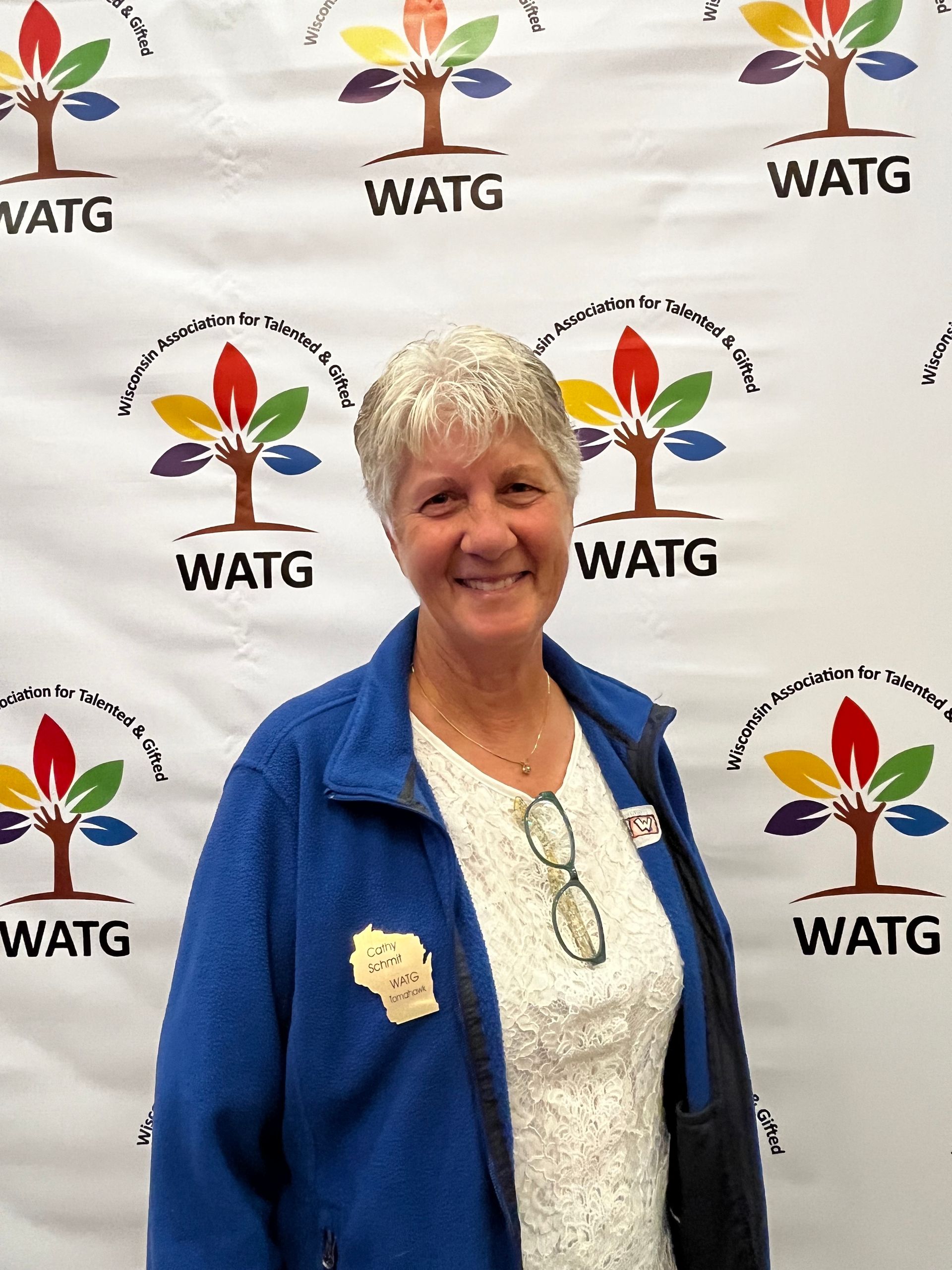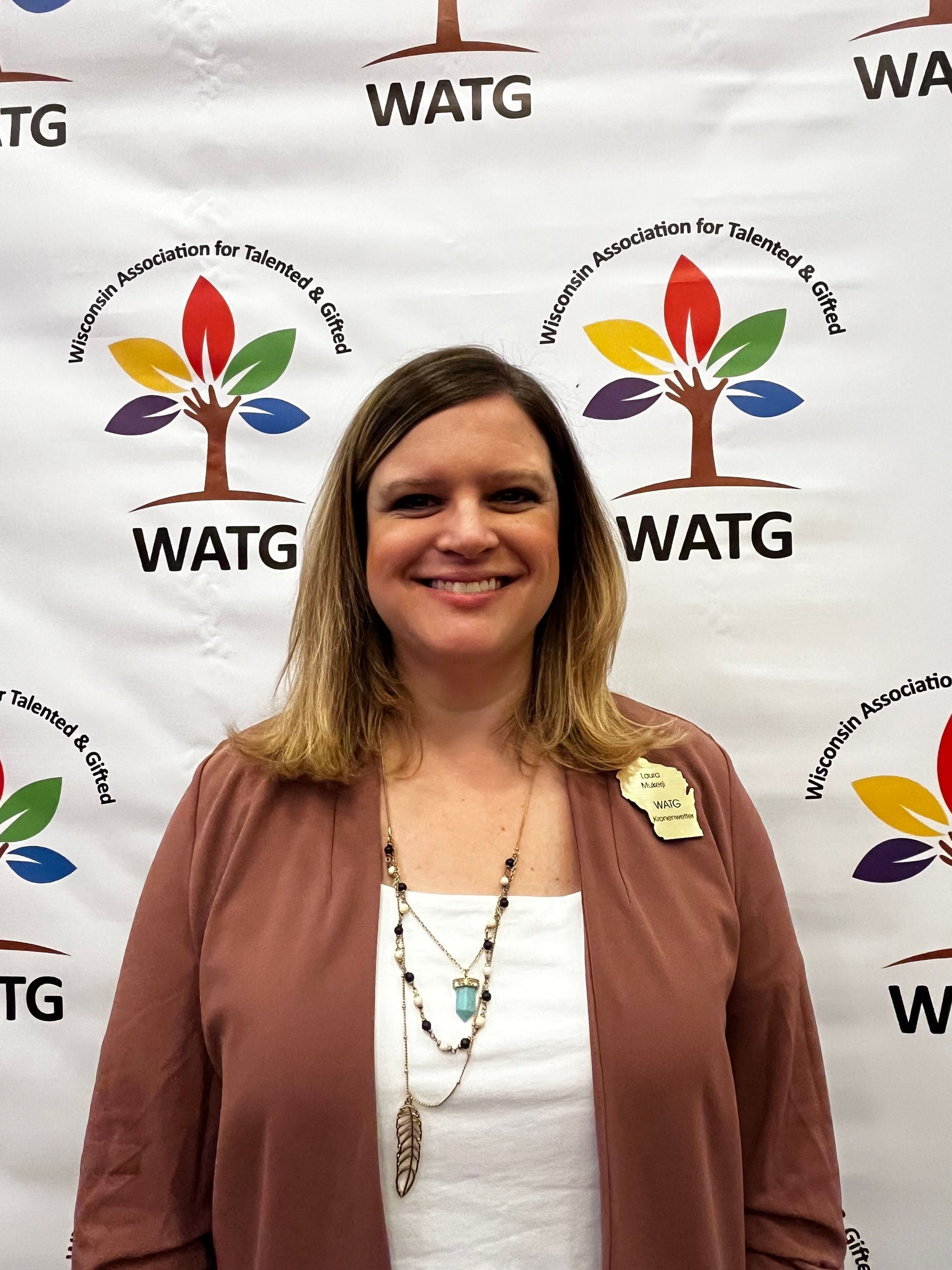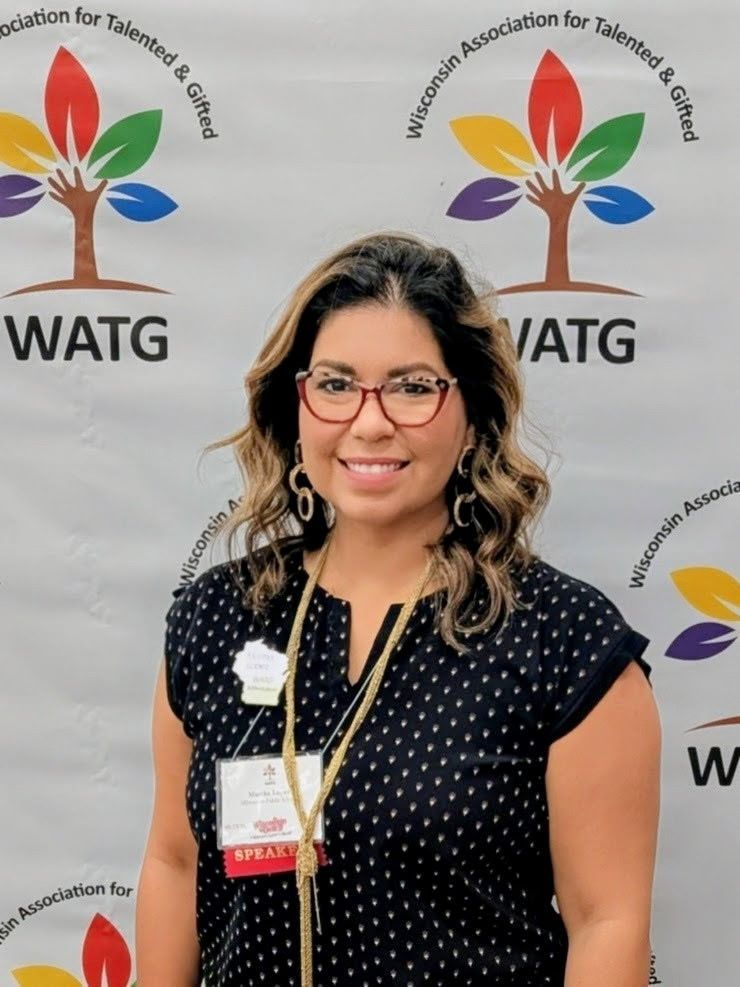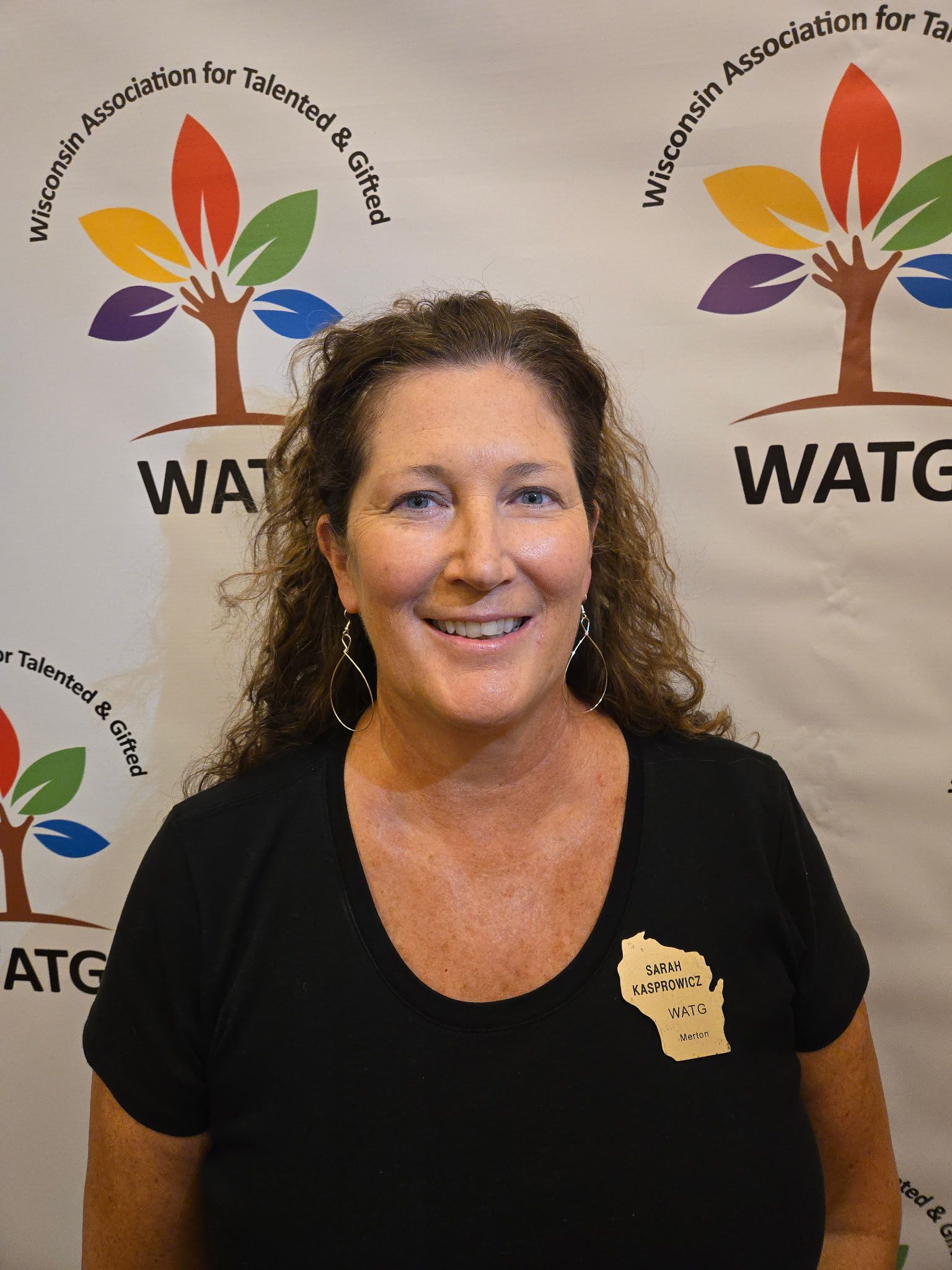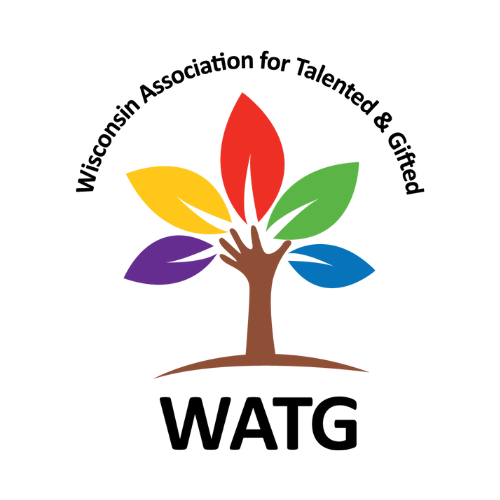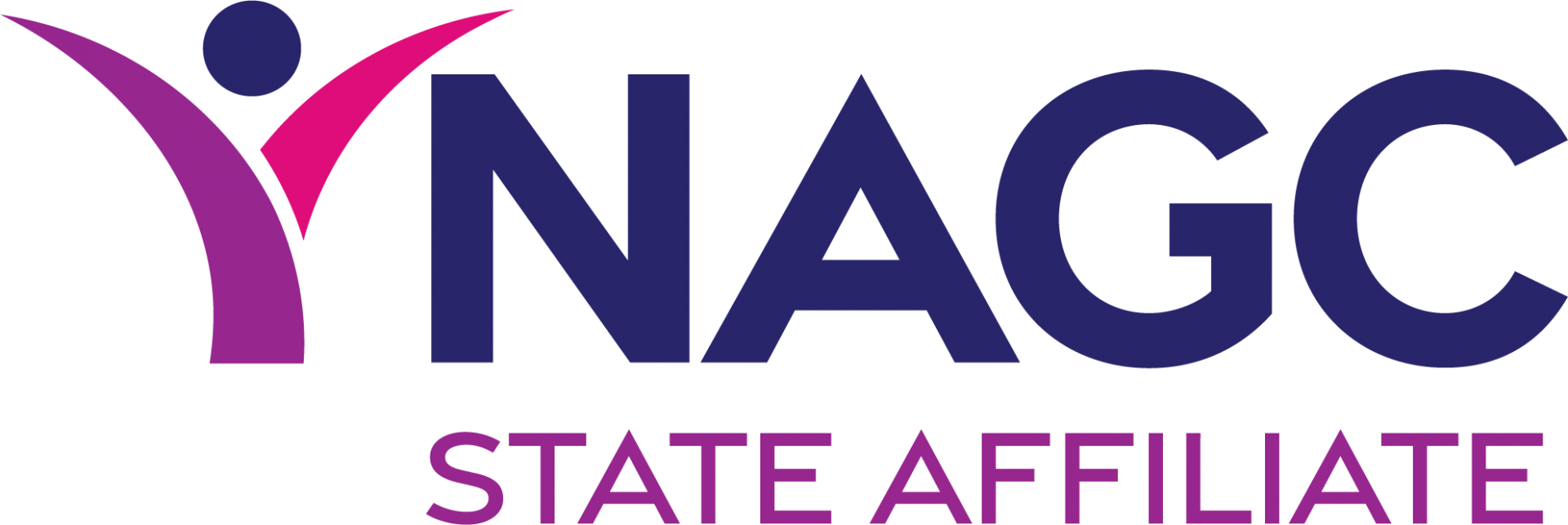The Paradox of Copying
Have you noticed that most of the videos or content we watch on social media are just copies or very similar versions of each other? Original ones are rare. People are moving away from creating unique content because constantly focusing on what others are doing can cause us to diminish our own creative thinking skills. Instead of developing our unique perspectives, we fall into a cycle of copying. This risk is not just limited to social media creators; it also applies to artificial intelligence programs like ChatGPT that people use often nowadays.
AI models like ChatGPT are called “generative” because they can create new responses based on patterns learned from large datasets. However, these responses are still generated from existing data patterns and examples. In other words, the more similar questions you ask, the less unique and creative the responses become over time. Although we might be impressed by ChatGPT responses, these responses actually belong to other human minds. They are an amalgamation of much data – a “hive mind” of it. You may think that those responses are very creative, but this may be because you’re not as creative as other people. And over time, with excessive reliance on these tools, you may lose your creative edge. Many of us could fall into this trap, and gifted people are not immune.
The greatest power of the human mind is the ability to bring together new and different perspectives in unpredictable ways. But if we only focus on similar perspectives and ideas, it can dull our creativity. As a result, while social media and AI can be sources of inspiration for creativity, simply trying to over rely on them can gradually weaken our creative abilities. This message must be shared widely… "this is your mind on AI…"
Global content sources like social media and AI can gather different views and ideas, which is great for creativity, but they can also lead to monotony. When copying replaces originality, the depth of creativity decreases, and the richness of global thought becomes monotonous. True creative thinking requires developing unique ideas and preserving diversity. In short, modern technology can bring great benefits, but may also pose some risks. It’s important that we weigh both.
Uzeyir Ogurlu, WATG Board Member.
